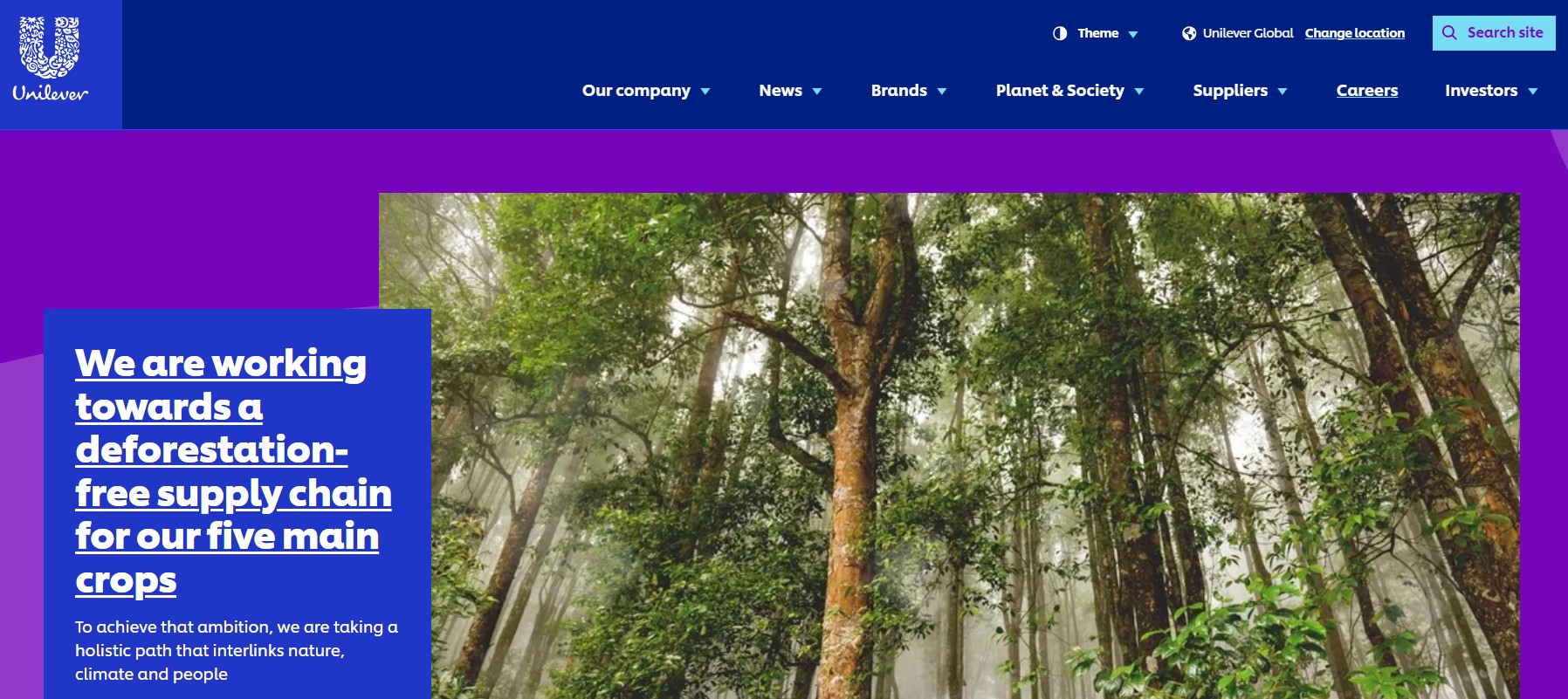Unilever Rebate 2024 – In the dynamic landscape of business, companies often employ various strategies to attract customers, increase sales, and enhance profitability. One such strategy is offering rebates, which serve as incentives for customers to make purchases. In this article, we delve into the Unilever Rebate 2024 program, exploring its significance, benefits, and how businesses can leverage it to their advantage.
Understanding Rebates
What are Rebates?
Rebates are promotional offers provided by manufacturers or retailers to customers, wherein a portion of the purchase price is returned to the buyer after the sale. Unlike discounts applied at the time of purchase, rebates require customers to submit proof of purchase to receive the monetary benefit.
How do Rebates Work?
When a customer purchases a product eligible for a rebate, they pay the full price upfront. Subsequently, they submit necessary documentation, such as receipts or UPC codes, to the manufacturer or retailer. Upon verification, the rebate amount is refunded to the customer, either through a check, prepaid card, or digital transfer.
Importance of Rebates in Business
Rebates play a crucial role in driving sales and fostering customer loyalty. They incentivize purchases by offering consumers the opportunity to save money on products they intend to buy. Additionally, rebates enable businesses to gather valuable customer data and insights, which can inform future marketing strategies and product development initiatives.
Overview of Unilever
Unilever is a multinational consumer goods company renowned for its diverse portfolio of brands spanning categories such as food and beverages, home care, beauty, and personal care. With a presence in over 190 countries, Unilever serves billions of consumers worldwide.
Unilever’s Rebate Program
Purpose of the Rebate Program
The Unilever Rebate Program aims to incentivize purchases of Unilever products, driving sales growth and fostering brand loyalty among consumers. By offering rebates on select items, Unilever encourages repeat purchases and strengthens its market position.
Eligibility Criteria
To qualify for Unilever rebates, businesses must meet certain eligibility criteria, which may include minimum purchase requirements, adherence to program terms and conditions, and timely submission of rebate claims.
How to Apply for Rebates
Businesses interested in participating in the Unilever Rebate Program can register online through the company’s official portal. Upon registration, eligible participants can browse available rebate offers, submit purchase details, and track the status of their rebate claims.
Types of Rebates Offered
Unilever offers various types of rebates, including cash rebates, volume-based rebates, and promotional rebates. These incentives cater to different customer segments and purchasing behaviors, ensuring a personalized experience for participants.
Benefits of Participating in Unilever’s Rebate Program
Participating in Unilever’s Rebate Program offers several benefits for businesses, including:
- Increased Sales: Rebates motivate customers to make purchases, resulting in higher sales volumes for participating products.
- Customer Loyalty: By rewarding repeat purchases, rebates foster brand loyalty and encourage long-term relationships with customers.
- Competitive Advantage: Offering attractive rebate offers sets businesses apart from competitors and enhances their value proposition in the market.
- Data Insights: Rebate programs provide businesses with valuable customer data, allowing for targeted marketing campaigns and product optimization efforts.
Potential Drawbacks of Rebate Programs
While rebates offer numerous benefits, businesses should also be aware of potential drawbacks, such as:
- Administrative Burden: Managing rebate claims and processing can be time-consuming and resource-intensive for businesses.
- Redemption Challenges: Some customers may encounter difficulties redeeming rebates, leading to frustration and dissatisfaction.
- Cost Considerations: Offering rebates entails upfront costs for businesses, which must be carefully balanced against expected returns.
Tips for Maximizing Rebate Benefits
To make the most of Unilever’s Rebate Program, businesses can follow these tips:
- Promote Rebate Offers: Raise awareness of available rebates through marketing channels such as social media, email newsletters, and in-store signage.
- Streamline Redemption Process: Simplify the rebate redemption process for customers by providing clear instructions and user-friendly online portals.
- Monitor Performance: Regularly analyze rebate program performance metrics to identify trends, assess effectiveness, and optimize strategies for maximum impact.
Case Studies: Success Stories of Businesses with Unilever Rebates
Case Study 1: Retailer X
Retailer X implemented Unilever’s rebate offers across its stores, resulting in a 20% increase in sales of Unilever products within the first quarter of the program launch. By strategically promoting rebate offers through targeted advertising campaigns, Retailer X successfully attracted new customers and strengthened customer loyalty.
Case Study 2: Distributor Y
Distributor Y leveraged Unilever’s volume-based rebate program to incentivize bulk purchases of select products. Through effective negotiation and collaboration with Unilever representatives, Distributor Y secured favorable rebate terms, leading to a significant boost in sales volume and profitability.
Future Trends in Rebate Programs
As consumer preferences and market dynamics evolve, rebate programs are likely to undergo several trends, including:
- Digitization: Rebate programs will increasingly transition to digital platforms, offering seamless redemption experiences for customers and enhanced data analytics capabilities for businesses.
- Personalization: Rebate offers will become more tailored to individual customer preferences and purchase histories, driving higher redemption rates and customer satisfaction.
- Sustainability: Rebate programs may incorporate sustainability initiatives, rewarding eco-friendly purchasing behaviors and promoting corporate social responsibility efforts.
Conclusion
In conclusion, the Unilever Rebate 2024 program presents businesses with a valuable opportunity to drive sales, foster customer loyalty, and gain insights into consumer behavior. By understanding the mechanics of rebate programs, businesses can effectively leverage Unilever’s offerings to achieve their marketing and sales objectives in a competitive marketplace.
Download Unilever Rebate 2024
FAQs (Frequently Asked Questions)
- Are rebate programs beneficial for all types of businesses?
- While rebate programs can offer advantages for many businesses, the suitability may vary depending on factors such as industry, target market, and product offering.
- How long does it typically take to receive rebate payments from Unilever?
- The processing time for rebate payments varies depending on
- factors such as the volume of rebate claims, verification procedures, and payment processing timelines. Generally, businesses can expect to receive rebate payments within a few weeks to a couple of months after submitting valid claims.
- Can small businesses benefit from participating in Unilever’s Rebate Program?
- Yes, small businesses can certainly benefit from participating in Unilever’s Rebate Program. By strategically leveraging rebate offers, small businesses can attract new customers, increase sales, and compete more effectively in the marketplace.
- Are there any risks associated with rebate programs?
- While rebate programs offer numerous benefits, businesses should be mindful of potential risks such as administrative overhead, redemption challenges, and cost considerations. It’s essential to carefully evaluate the pros and cons before implementing a rebate program.
- How can businesses ensure compliance with Unilever’s rebate terms and conditions?
- Businesses can ensure compliance with Unilever’s rebate terms and conditions by thoroughly reviewing program guidelines, maintaining accurate records of purchases and submissions, and promptly addressing any issues or discrepancies that arise during the redemption process.

